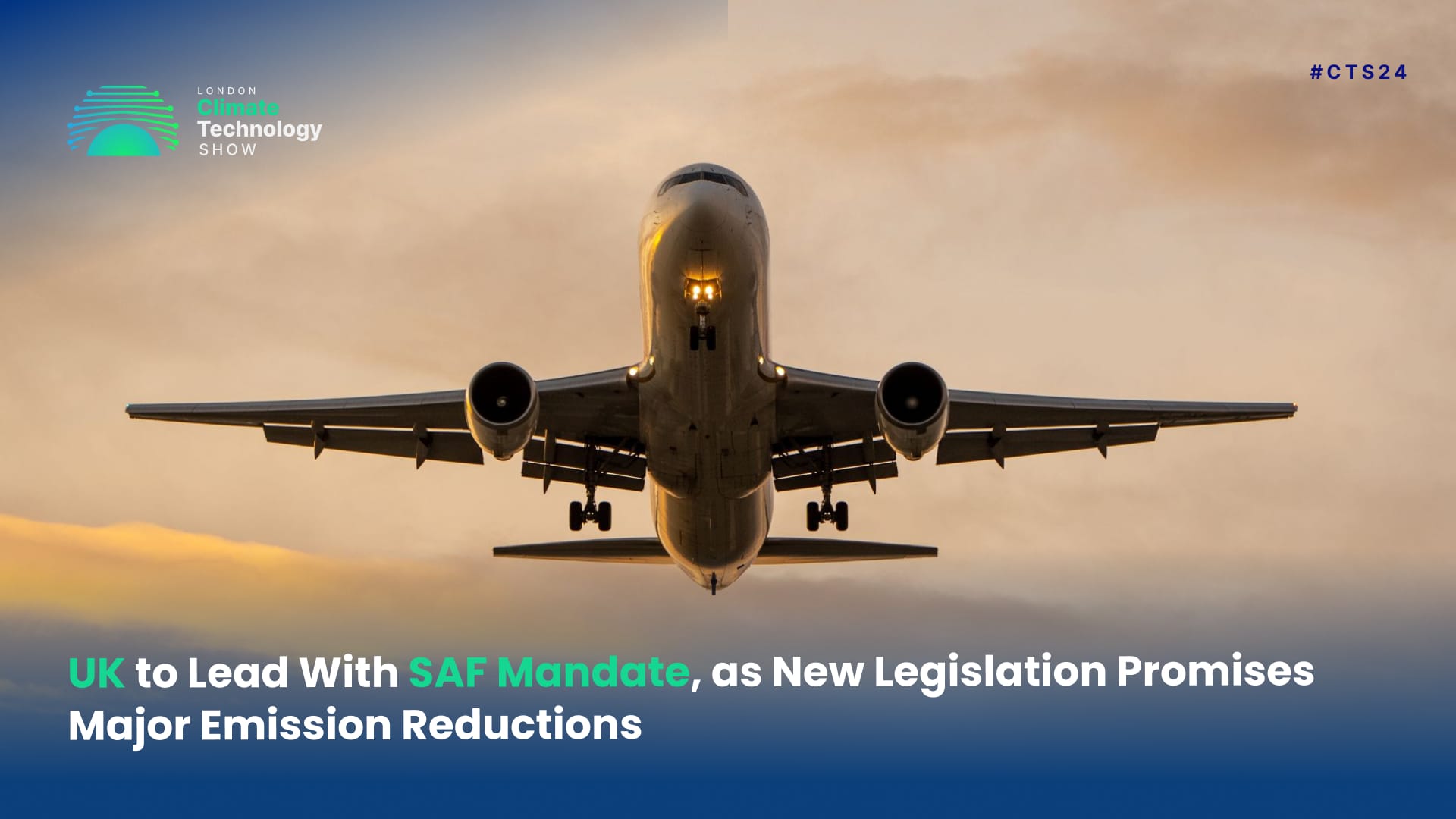July 22, 2024: The department of transport, UK made a significant announcement, confirming that a SAF (Sustainable Aviation Fuels) mandate will be implemented starting 1 January 2025, pending Parliamentary approval. This follows the earlier statement in the King’s Speech on 17 July about introducing a bill to support SAF production. With this mandate, the UK will be among the first countries to introduce such legislation.
The SAF production is expected to contribute over £1.8 billion to the economy and create more than 10,000 jobs across the nation while supporting decarbonization efforts. The mandate will drive up SAF demand in the UK, enabling emission reductions of up to 2.7 MtCO2e by 2030 and up to 6.3 MtCO2e by 2040. It will also bolster investor confidence, reinforcing the UK's role as a leading hub for SAF production, usage, and supply.
The SAF mandate will start in 2025, requiring 2% of the total UK jet fuel demand, rising to 10% by 2030 and 22% by 2040. The 22% requirement will continue beyond 2040 until SAF supply becomes more certain.
To encourage innovation in advanced fuels and diversify feedstocks, the mandate includes provisions such as a cap on feedstocks used in the hydro-processed esters and fatty acids (HEFA) process, a separate obligation for power-to-liquid fuels, a buy-out mechanism for both main and power-to-liquid obligations to incentivize SAF supply while protecting consumers, and a review mechanism to minimise impacts on passenger ticket prices.
Additionally, these SAF mandates and RCM initiatives are designed to drive economic growth and establish Britain as a leader in clean energy. The bill will introduce a revenue certainty mechanism (RCM) for SAF producers, which will foster investment in new UK SAF plants by creating demand and setting usage targets for fuel suppliers. The RCM aims to reduce investment risk, enhance investor confidence, and increase the likelihood of SAF plant construction, thereby securing SAF supply for UK airlines and improving energy security.
The UK's SAF mandate set for 2025 will boost the economy, create jobs, and significantly reduce emissions, reinforcing the UK's position as a leader in sustainable aviation. These initiatives will advance the government’s mission to stimulate economic growth and establish Britain as a leader in clean energy.


